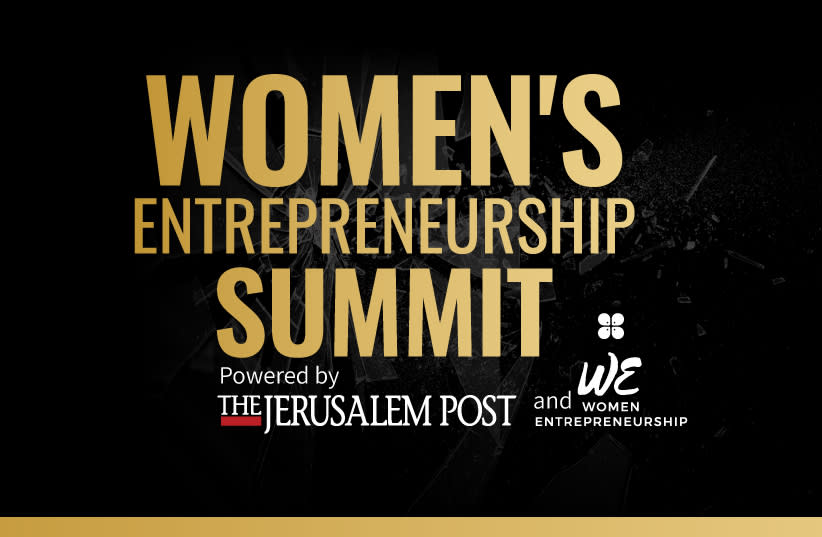There are three mottos you should swear by, according to three of the biggest biotechnological leaders in Israel: Just do it, never give up, and make yourself.
“Usually, when we think about whether we should take a project or not, while we are doing this thinking, there’s always a man in this room who says, ‘I can do it,’” explained Galia Inbar, executive vice president and chief human resources officer for Teva Pharmaceuticals, when he spoke spoke at the Women Entrepreneurship Summit in Tel Aviv on Tuesday evening.
“We need to say, ‘yes, we can,’ and then figure the rest out,” she added.
"We need to say, 'Yes we can,' and then figure the rest out"
Galia Inbar, executive vice president and chief Human resources officer for Teva Pharmaceuticals
“Never give up,” said Regine Shevach, head of Merck Innovative Technologies Center in Israel, as her top tip for women to make it big. “If you believe in something and they close the door, come through the window. There is always a possibility to make it happen if you have enough persistence and resilience.”
One must make themselves a mentor
Prof. Rivka Carmi, the first and only female president of an Israeli university, said that one must make themselves a mentor. Indeed, she noted that since it can be quite lonely at the top, leaders should not place themselves at the top, but rather in the middle.

“As a woman, I tend to do the cobweb style – being at the center rather than at the top,” she explained. “What worked for me, throughout the years, is having a small, intimate, personal, non-formal sounding board. I very much appreciated their wisdom and common sense, but also trust them. Whenever I needed to brainstorm a difficult issue, I had this small group of people that I really relied on.”
Some of these decisions are harder than others, however. “I’ve made a lot of very tough decisions, both professional and personal,” she said. “The toughest one was to leave behind my medical career, my scientific career, to become university president. I don’t regret any of it.”
Finding partners for important projects doesn’t have to only be internal or personal; it can also be collaborative.
“We don’t need to be afraid of collaborations,” Shevach explained. “We need to go and develop the way to collaborate. Once upon a time, collaborating meant you come to academia, you put in some money, you have a collaboration. This is not the case anymore. We need to bring the industry’s expertise to the partnership. We, as big companies, can bring a lot of value in every stage of the development of a product, from the discovery stage all the way to the market.”
“A leading Weizmann scientist once told me, ‘I don’t need money. I need your expertise,’” she added.
Hire for diversity
Even in a large company, hiring across a spectrum of sectors and hiring for diversity is what allows a broader approach to its work. Inbar broke this down into four points: Hire for diversity; help hiring managers with their biases, both conscious and unconscious; train managers on what it means to hire without bias; and, finally, help them find talent in diverse candidates and take steps that will attract diverse candidates to the company.
“You need to be inclusive, but it’s beyond that. You need to communicate it,” she explained. This, of course, includes the community of people with disabilities, including those that aren’t necessarily visible.
“We must create a climate for these people to stand up and share their problems and their needs. Otherwise, we will never know,” she said. “Creating this psychological safety is easier said than done. If we want to hire people with post-trauma, and we understand that these people need the least stressful environment possible, sometimes, we need to change the job.”